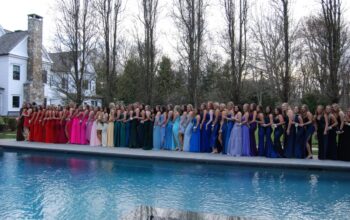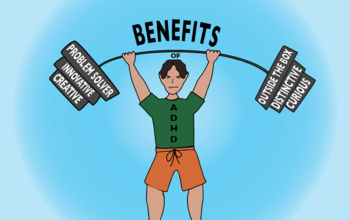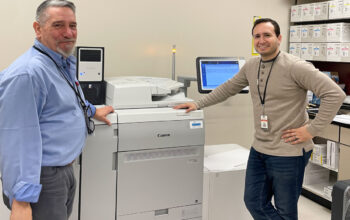
Cydney Ventura
Reporter
While some freshman still need an adult just to get into the movies, seniors, can already buy tickets to R rated movies on their own. All these students walk the same halls and sit in the same classrooms. As a result, administrators and teachers face the challenge of determining what content is appropriate for students.
After the summer art gallery opened, several student art pieces were removed, because some students expressed discomfort to the administation. Principal Bryan Luizzi described his conversation with the student artists. “I met with each of the students [whose artwork was removed]to talk to them about the decision,” he said. “To make sure they knew it was not reflective of quality in any way, and that I was very impressed with their creations.”
According to art teacher Jeanne McDonagh, Dr. Luizzi’s decision to take the questionable pieces down from the gallery was the right choice. “It’s best to leave those images for the student’s college portfolio,” she said. “But in terms of showing them in the gallery, there’s always that concern that, well, maybe this isn’t the right place because not all the minds that see the work are mature enough to understand.”
However, senior Sunny Zannini felt differently on the issue. “Photos like mine were allowed up in past years, so I don’t see why this year should be any different,” she said. “I just think it’s ridiculous because we’re encouraged to create our own original art.”
In her individual classes, Ms. McDonagh has considered the issue of censorship before, and ensures that her students understand what’s appropriate and what isn’t. “If I give an assignment, I’ll make sure to tell the students that their work has to be educationally appropriate,” she said.
Educational appropriateness also dictates what students see on the internet. Many educators challeged, “the overly restrictive blocking of legitimate, educational websites and academically useful social networking tools in schools and school libraries,” according to the American Association of School Librarians. These educators have created banned website awareness day, which which was October 3.
While NCHS last year chose to participate by blocking student access to popular sites such as Facebook, Twitter, and YouTube. This year, however, Library department chair Michelle Luhtala explained why the school didn’t participate. “Twitter, for example, is exceptionally large and exceptionally fast. If you want information super-fast about a specific task it’s a great conduit to access it.”
However, Ms. Luhtala said that other schools are not as lenient when it comes to website access and Internet. “The first problem for other schools to address is Internet access in schools. Once you get through that hurdle only then can you start talking about what students should have access to and what should be blocked.”
Another aspect of the arts where student’s work and its appropriateness must be examined would be New Canaan High School’s Literay Magazine, Spectator, comprised entirely of students’ writings and photos. Unlike the art gallery, Spectator hasn’t run into many issues regarding the appropriateness of students’ work.
Not only words on the screen, but also on the page must be taken into consideration when dtermining appropriateness. English teacher Maggie McDermott, the advisor to Spectator, has only been faced with the question of a piece being inappropriate once in her ten years in this position. She ultimately let the student decide to publish it or not. “After the student thought it through, he decided he didn’t want to publish the piece with his name on it,” she said. “So although it was kept out of the magazine, it was at the writer’s discretion as opposed to the administration deciding.”
For Ms. McDermott, altogether avoiding the conflict of what’s appropriate has been possible for Spectator. “We require that pieces are published with the students name on the top,” she said. “So ownership is required. Censorship is something that we hope to not even have to deal with.”



